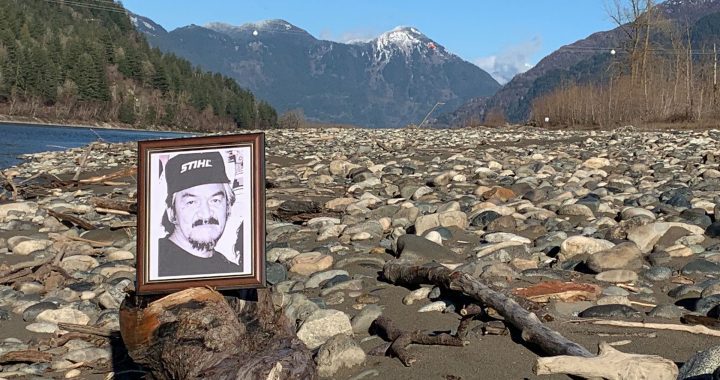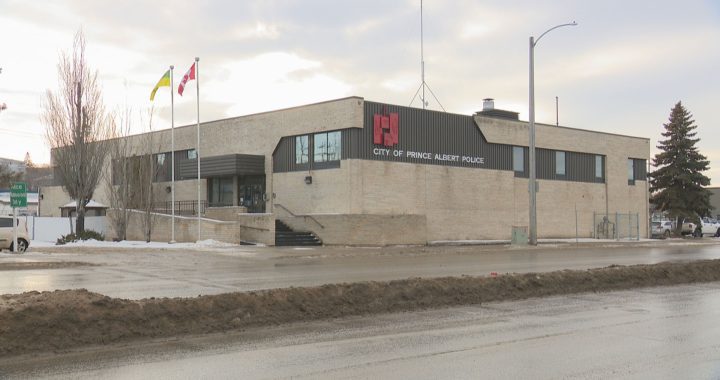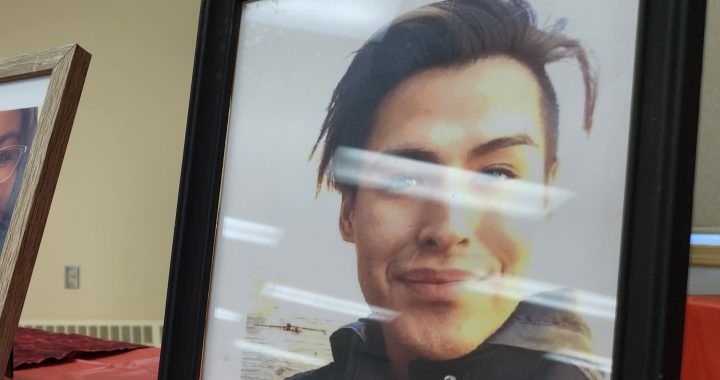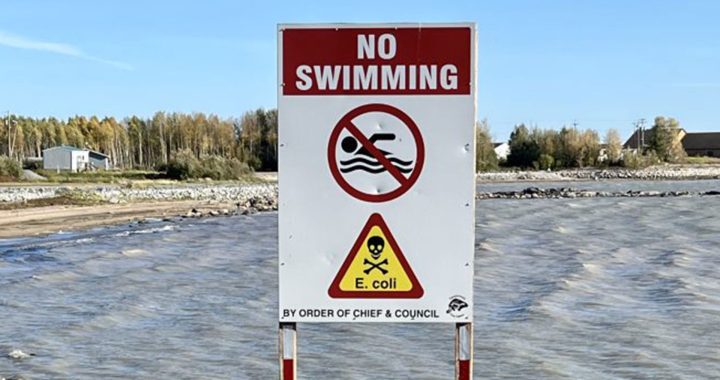By Kathleen Martens
APTN Investigates
WINNIPEG – Jaws dropped and eyes popped Tuesday when a lawyer being investigated for the way he handled residential school claims showed up unannounced at a survivors’ support meeting.
“He crashed the meeting,” said survivor Garnet Angeconeb, who chaired the gathering near Sioux Lookout, Ontario.
“There was silence and you could feel the tension.”
Some of the survivors who filed complaints about Kenora lawyer Doug Keshen to the Law Society of Upper Canada in Toronto were in the crowd.
“You could see about 100 jaws drop to the floor,” Angeconeb said. “Jaws dropped; eyes popped.”
Keshen arrived at the site of the former Pelican Lake Residential School outside Sioux Lookout, just as a senior lawyer for the Law Society of Upper Canada was explaining the complaint process.
At the same time, his lawyers were at the society’s office in Toronto setting dates for a professional misconduct hearing into his actions and those of his law firm, Keshen and Major.
Several survivors filed complaints about the way Keshen handled their Independent Assessment Process (IAP) compensation claims for abuse they say they suffered at former Indian Residential Schools (IRS). Among them, the allegation that he transferred thousands of dollars in compensation to himself.
None of the allegations have been proven in court.
Keshen and Major represented nearly 250 survivor clients between 2003 and 2012.
Angeconeb said Keshen claimed to have been invited to the all-day gathering that began with a sacred sunrise ceremony. He also wanted to address the crowd, Angeconeb said.
“In many ways, I thought it was disrespectful,” Angeconeb said in a telephone interview Wednesday.
Angeconeb said Keshen brought along his teenaged daughter and a man presumed to be another lawyer. He said they sat and listened to the morning presentation, joined in the fish fry lunch donated by the nearby Lac Seul First Nation, and left.
Organizers actually told Keshen to leave, Angeconeb said. “I told him that he was making people feel uncomfortable.”
Keshen left behind a three-page letter that was quickly uploaded to the Internet and distributed to survivors’ inboxes. In a copy obtained by APTN, Keshen defends his three decades of working with Aboriginal clients in northwestern Ontario. (See letter at end of article.)
“Consistent with…the process of reconciliation, I want you to know that I am always available to respond to issues that have arisen respecting my involvement in the (process).”
“We all have a responsibility to get the facts right.”
Angeconeb said those words could be interpreted as a way to intimidate survivors into withdrawing their complaints. Or could be viewed as a “desperate” plea.
“I was told by my grandparents and parents to ‘show up’ and speak out when an injustice or misunderstanding has occurred,” Keshen wrote in the letter. “I want you to know that I continue to feel the pain that survivors experienced at residential schools and the frustrations so many of you have shared with me in how the (IRS) Settlement Agreement and the IAP Process has been implemented.
“Because I have represented so many survivors, I feel I have a continued responsibility to be available and to face up to criticisms, whether they be of the process generally or of me personally. Although I genuinely believe that most people involved in implementing the terms of the (agreement) have acted honorably and have tried their best, including the (Indian Residential Schools Adjudication) Secretariat, Adjudicators, Canada’s lawyers, and lawyers representing survivors, it remains undeniable that so many survivors have concluded that they were re-victimized by having to endure the lengthy process to relive their IRS experience and also to endure the long wait to finally receive an award of compensation.”
Keshen further offered in the letter to play “a role in advancing the process of Canadian reconciliation”, adding he was touched by the compassionate recommendations in the final report of the Truth and Reconciliation Commission.
“I would like to reach out to reconcile with those individuals who believe they were treated unfairly. They all have families as I do, and they all genuinely believe they are doing what is right. I tried to be available to everyone during the process, but I know that for a few that it was taking too long to resolve their honourable and just claims.
“I know that some of my clients have been confused about the amounts released to them from their Award of Settlement and so I have recently sent a reporting letter to each and every client for their records.”
Keshen could not immediately be reached for comment over the phone.
A spokeswoman for the Law Society of Upper Canada says there is nothing prohibiting a lawyer from contacting clients who have filed complaints against him or her.
Meanwhile, the Lac Seul band has severed its long-term professional relationship with Keshen but still retains his firm. This came after Angeconeb started a hunger strike in 2014.
That same year, Keshen spoke to APTN Investigates about the complaints against him and said he did nothing wrong.
But Fred Thomas disagrees. He was a Keshen client and filed a complaint about the way his claim was handled. He also helped organize Tuesday’s gathering as a safe place for survivors to come for support and information.
“Keshen was not on the agenda…We were focusing on peace and justice, and he came and interrupted our healing,” Thomas said Wednesday.
The member of the Lac Seul band said Keshen had no right to bother survivors.
“All he’s doing is re-victimization. Just like a devil walking into some room.”
Here’s the full letter from Keshen, as obtained by APTN. (If the PDF isn’t appearing for you, right-click the “Download” link below and select “Open in New Tab”.)










